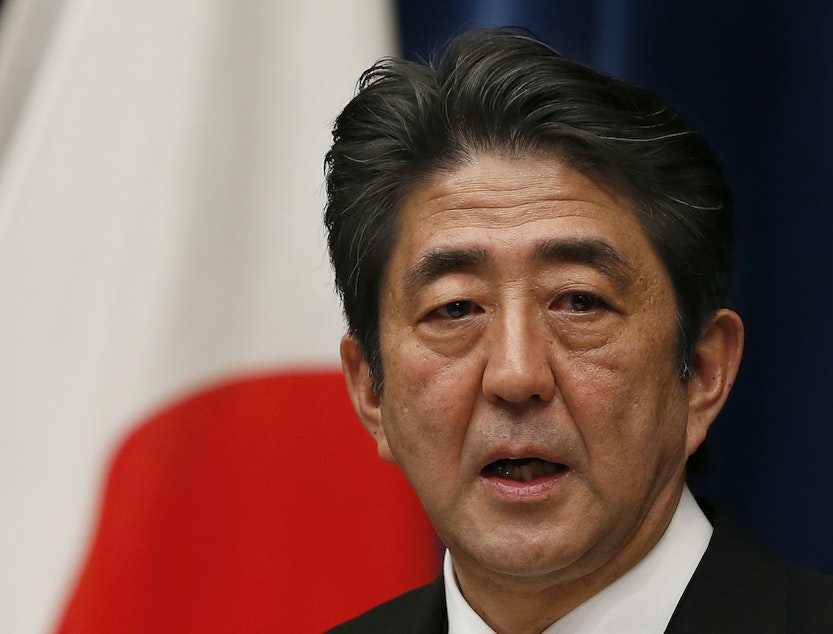'It was just shock.' Local reaction to the assassination of Japan's former leader

Washington state has one of the country’s largest populations of Japanese Americans. Many, including Megumi Ijiri, were shaken by the news of Former Prime Minister Shinzo Abe’s assassination Friday in western Japan.
"It was just shock," Ijiri said. She said she just returned from a trip to Japan.
With all of the gun violence in the United States, Ijiri said she felt safe in Japan. She said she was proud of the country's “no-gun culture.”
Ijiri explained that it was unbelievable that "a handmade gun can kill a former prime minister on TV. That was a shock to me."
Ijiri said she also was ashamed that gun violence would happen in her motherland, a place she considered safe and peaceful.
Abe, who served for more than eight years as Japan's prime minister, was a conservative leader known for his controversial views. He attempted to amend Japan’s Article 9, also known as the “peace clause,” which forced the Japanese people to "forever renounce war as a sovereign right." The clause was installed after World War II.
Sponsored
Abe also stoked controversy by visiting the Yasukuni Shrine, which honors Japan's war dead including convicted war criminals, and he resisted calls for Japan to apologize for war crimes committed during WWII.
Ijiri said politics should be put aside for the time being in light of Abe's assassination.
“I don’t care what his political view was," Ijiri said. "Many people are against a lot of things he did. But, life was taken. Now I really worry about Japan.”
Abe stepped down as prime minister in 2020 due to health issues. But, he remained highly influential. The former prime minister was campaigning alongside another party member who was running for election when he was fatally shot Friday in the city of Nara, Japan.
Japanese elections for the upper house are scheduled for Sunday.




